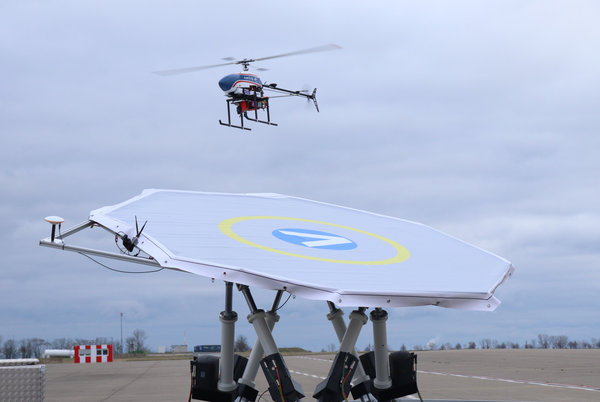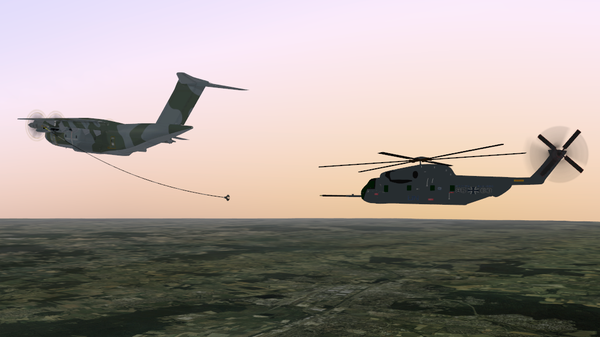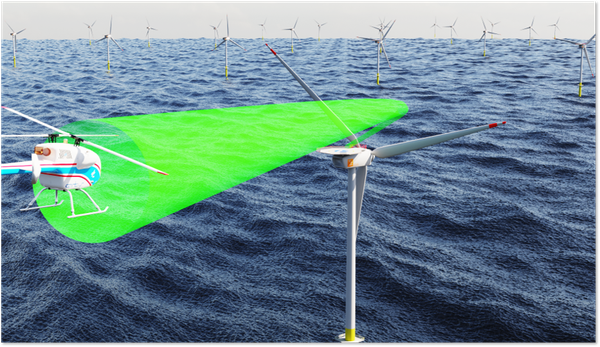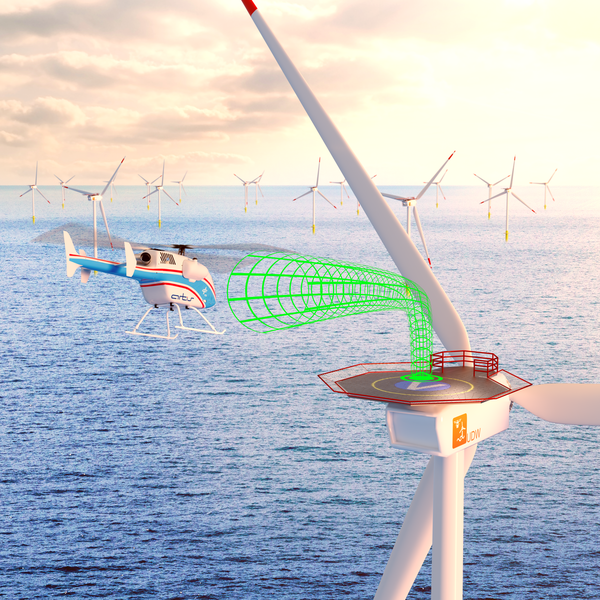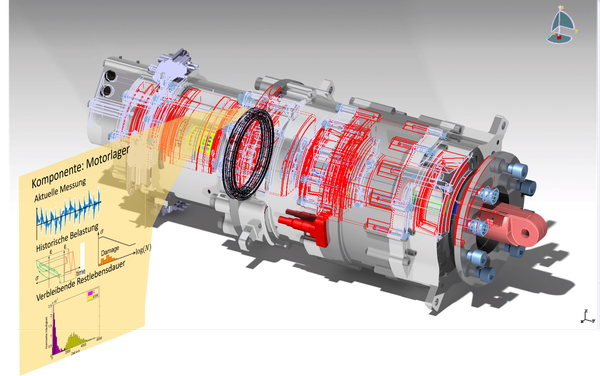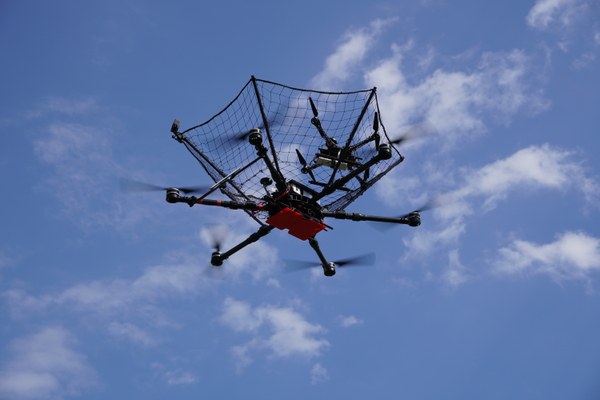Control and AI/Autonomy
Flight control systems and automation are our primary means of enabling flight systems to perform their intended functions and to operate optimally despite increasing technical complexity. Our research in automation and artificial intelligence is conducted at several levels, ranging from control and human-machine dynamics to full autonomy of manned and unmanned flight systems.
We investigate methods and applications for flight control and automation of manned and unmanned aircraft, helicopters and gyrocopters, as well as unconventional aircraft such as eVTOL (electric Vertical Take-Off and Landing aircraft) or fighter aircraft. Topics such as automatic low-altitude obstacle avoidance, pilot assistance with artificial intelligence or the single-pilot cockpit are part of our portfolio.
In the context of unmanned aviation, the term autonomy is often used when the unexpected can be controlled by automation, when aircraft learn or interact with the infrastructure in increasingly interconnected environments. These capabilities require not only the on-board calculation and control of missions and trajectories, but also the use of complementary sensor systems, including data and information fusion.
Here too, artificial intelligence is playing an increasingly important role, both in the automation of decision systems and in the processing of sensor data. One focus of the Institute of Flight Systems is the verification, validation and certification of these new and powerful methods, e.g. through condition monitoring (runtime assurance). The Institute's methodological research is always application-oriented and is carried out right up to flight testing. A key example of this is drone defense, where people, infrastructure and airspace are protected from illegally operated drones.

